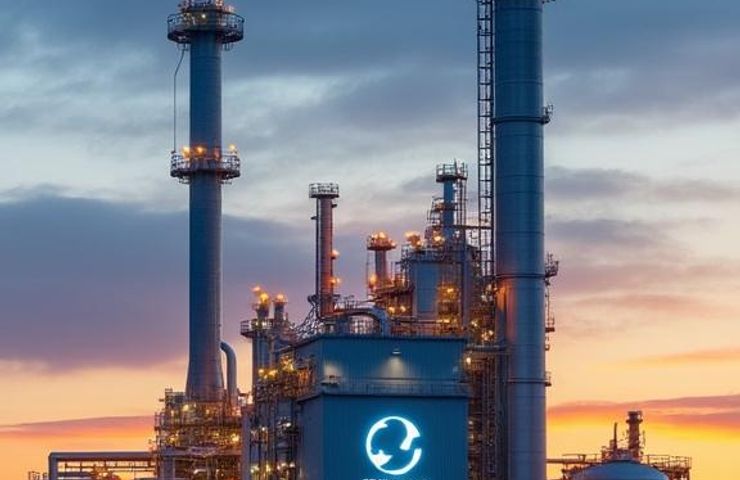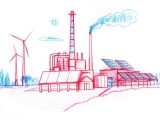
Low-Carbon Methanol Plant: StormFisher’s Game-Changer in Varennes
October 21, 2025StormFisher Hydrogen has made waves in Canada’s clean fuels scene by buying the bankrupt Recyclage Carbone Varennes (RCV) plant in Varennes, Quebec. This isn’t just about snapping up a stranded asset—it’s a full-on reboot that bootstraps past hurdles and primes the site to become North America’s very first large-scale low-carbon methanol plant.
History and Reset of the Varennes Site
The Varennes site started under a powerhouse lineup—Shell Canada, Suncor, Proman and the Government of Quebec—geared up for biomethanol via biomass gasification. Even after more than CAD 600 million in public and private backing, the venture hit a wall and declared bankruptcy in March 2025. Fast forward to today, and StormFisher Hydrogen steps in through a court-approved sale, bringing two decades of low-carbon experience to retrofit the plant instead of tearing everything down.
The Hydrogen-Based Methanol Secret Sauce
Ditching the old-school gasifiers, the revamped process leans on green hydrogen—produced by water electrolysis powered by renewables—and captured industrial CO₂. Here’s the magic: mix them in a catalytic synthesis loop and you’ll crank out over 72,000 tonnes of low-carbon methanol each year, all while avoiding more than 100,000 tonnes of CO₂ emissions. It’s exactly the kind of future-proof solution hard-to-abate industries like shipping, aviation and chemicals have been waiting for.
Your Local Advantage: Why Varennes?
What makes Varennes, Quebec a standout choice? For starters, it sits right on the Saint Lawrence River and taps into Greater Montreal’s industrial backbone—with a skilled workforce and rock-solid energy infrastructure. Add the region’s growing push for decarbonization and clean tech, and the timing couldn’t be better. Even better, local public investments and nearby CO₂ emitters mean feedstock supply is basically ready to go—no reinventing the wheel required.
Jobs, Growth and Global Markets
This is more than just green talk. When it fires up, StormFisher Hydrogen expects to create around 75 local jobs, give Quebec’s industrial renaissance a boost, and unlock international green fuel certifications—think the EU’s RFNBO stamp or Germany’s H2Global program. Bottom line? It could score attractive export incentives and cement Canada’s spot on the global low-carbon fuel map.
Challenges and Next Steps
Of course, scaling up electrolyzers and securing long-term offtake deals isn’t going to be a walk in the park. StormFisher Hydrogen is already in talks with maritime and aviation players, but the nitty-gritty on supply chains and final financing still needs ironing out. Even so, switching from gasification to a hydrogen-based methanol production route with CO₂ feedstocks is widely seen as more reliable and easier to operate.
Conclusion: A Real-World Solution
By 2028, when the refitted plant in Varennes Quebec kicks into gear, it won’t just be another facility—it’ll stand as a testament to industrial resilience and decarbonization savvy. StormFisher Hydrogen is all in on steering the energy transition, turning a failed biomethanol tale into a showcase of circular carbon and green hydrogen innovation. And here’s the kicker: this retrofit model could spark a global wave of stranded-asset redeployments.
Bottom line: The Varennes project by StormFisher Hydrogen isn’t just pie in the sky—it’s a practical, scalable leap toward cleaner fuels, economic renewal and a truly low-carbon future.



 With over 15 years of reporting hydrogen news, we are your premier source for the latest updates and insights in hydrogen and renewable energy.
With over 15 years of reporting hydrogen news, we are your premier source for the latest updates and insights in hydrogen and renewable energy.